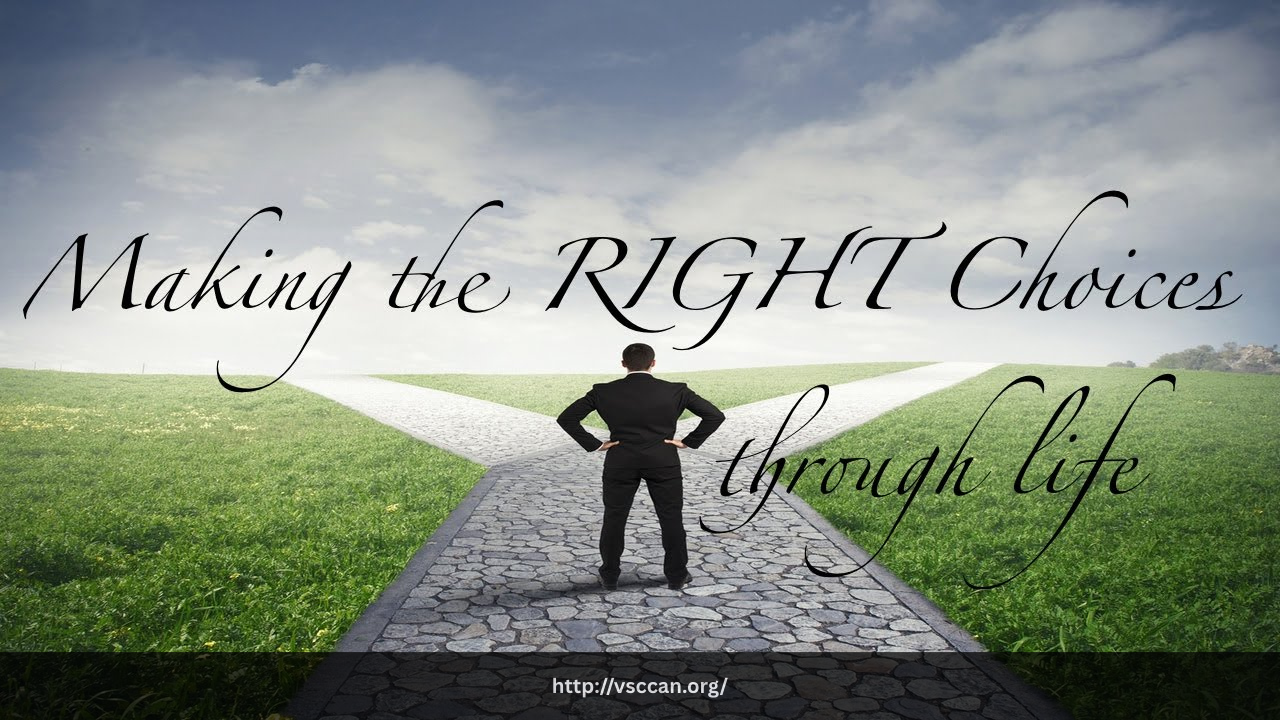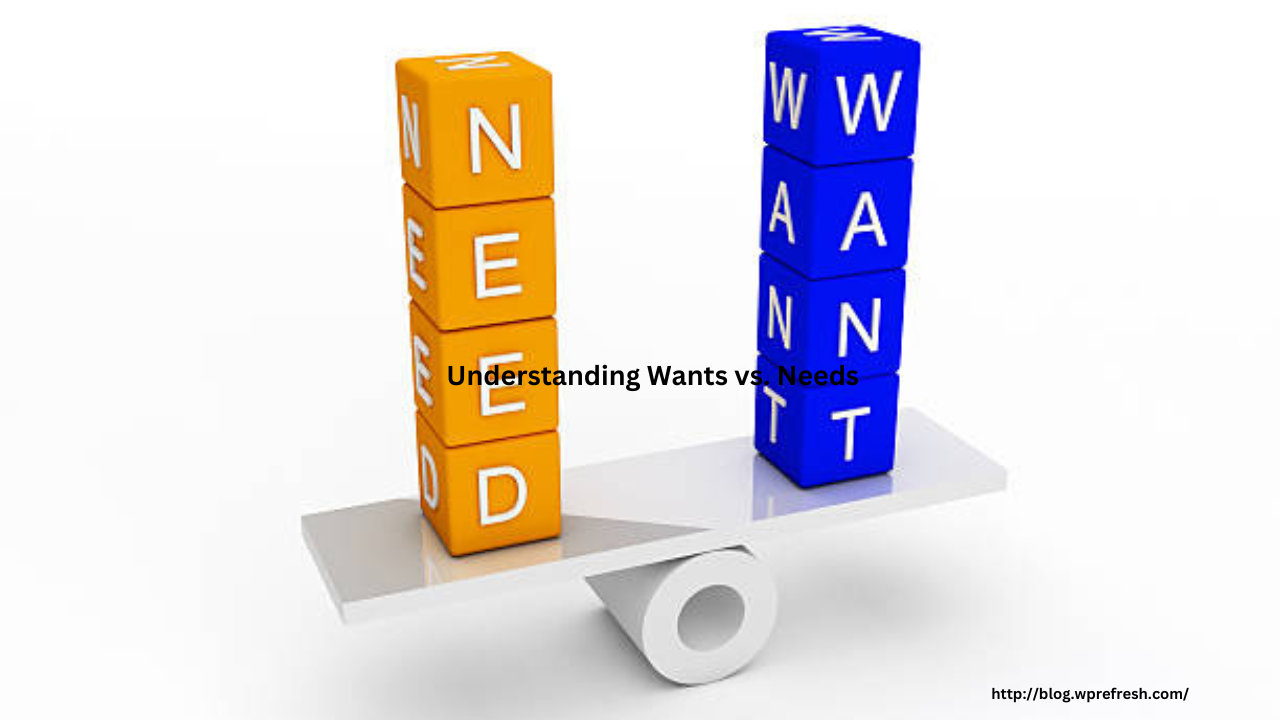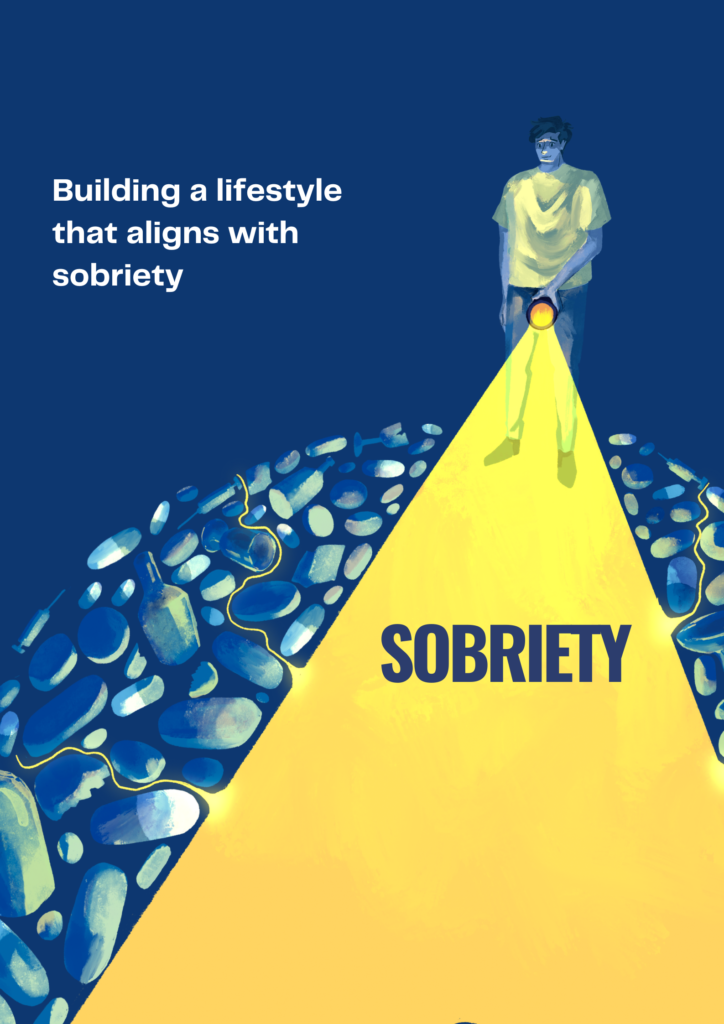In a world filled with endless options and constant demands, it’s easy to feel overwhelmed by the choices we face daily. From what to eat and wear to how to work, socialize, and care for ourselves, decision fatigue can creep in and steal our peace. But it doesn’t have to be this way. By simplifying your lifestyle choices, you can shift from feeling burdened to feeling empowered—more in control, more focused, and more fulfilled.
Recognizing the Overwhelm
The first step toward simplification is acknowledging the overwhelm. Many of us are juggling too much without realizing the toll it takes on our mental and emotional health. Decision fatigue, stress, and a sense of being perpetually busy often signal a need to reassess and streamline our lives. Identifying these pain points allows you to take intentional steps toward change.
Clarify What Matters Most
Simplifying begins with clarity. When you know what truly matters to you, it becomes easier to eliminate distractions and say no to things that don’t align with your values. Spend time reflecting on your priorities. What brings you joy? What helps you feel balanced and whole? Whether it’s quality time with loved ones, meaningful work, or personal growth, knowing your values will serve as your guide.
Create Simple Routines
Routines bring structure and ease to daily life. By establishing simple, repeatable habits, you reduce the number of decisions you have to make each day. For example, plan your meals for the week, stick to a morning routine, or set specific days for errands and chores. These small changes reduce stress and free up mental energy for more meaningful tasks.
Minimize to Maximize
Minimalism isn’t just about having fewer possessions—it’s about creating space for what matters. Start with your physical environment: declutter your home, wardrobe, or workspace. Removing excess allows you to focus on what’s useful and meaningful. The same principle applies to your digital space and schedule. Unsubscribe from unnecessary emails, limit social media, and cut out commitments that don’t add value.
Set Boundaries and Say No
Empowerment often comes from setting boundaries. Learning to say no is a critical part of simplifying your life. Say no to things that drain your energy or distract you from your goals. Whether it’s declining a social event, turning down a project, or limiting your screen time, setting boundaries gives you the freedom to choose what truly supports your well-being.
Practice Mindful Decision-Making
Instead of reacting to every demand, pause and ask yourself if the choice supports your values and goals. Mindfulness helps you make decisions from a place of clarity rather than pressure. When you make conscious choices, you move through life with greater confidence and intention.
Final Thoughts
Simplifying your lifestyle isn’t about doing less for the sake of it—it’s about doing what matters most with purpose and ease. By letting go of the unnecessary and embracing what truly enriches your life, you transition from feeling overwhelmed to empowered. Take it one step at a time, and you’ll find that simplicity brings not just relief, but a renewed sense of control and joy.









